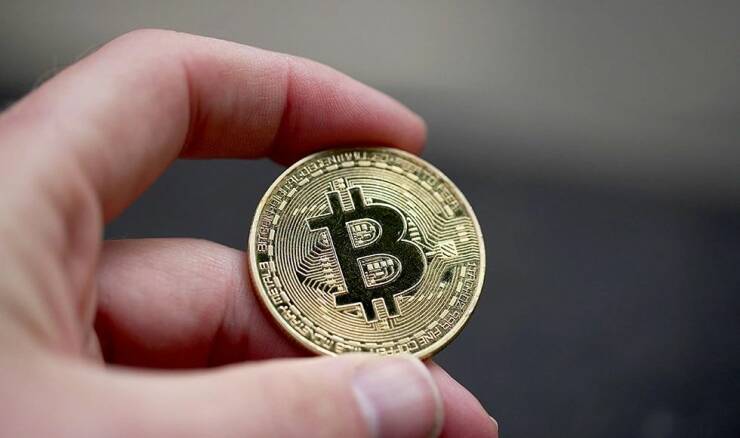As the United States government looks for ways to jumpstart its economy in the wake of the COVID-19 pandemic, some lawmakers are eyeing the cryptocurrency industry as a potential engine for growth. You can also gain knowledge from bitcoin prime.
U.S. Representative Tom Emmer, a Republican from Minnesota who is also co-chair of the Congressional Blockchain Caucus, has introduced several bills that would give tax breaks to companies and individuals working in the blockchain space. And last week, he reintroduced the Token Taxonomy Act, which would exempt digital tokens from securities laws.
Meanwhile, U.S. Senator Mike Crapo, a Republican from Idaho, has proposed legislation that would create a regulatory framework for cryptocurrencies and ICOs. The bill is still in its early stages, but it has the support of some major players in the crypto industry, including Coinbase and Circle.
And while the Trump administration has been largely critical of cryptocurrencies, Treasury Secretary Steven Mnuchin said last week that the government is "looking very carefully" at digital assets and how they can be used to fund terrorist organizations and other illegal activities.
It's still too early to tell whether cryptocurrencies will play a role in Washington's plans for economic recovery. But with lawmakers from both parties eyeing the space, it's clear that crypto is on the radar of some of America's most powerful politicians.

Bitcoin's Repute in Washington
Bitcoin's reputation in Washington is quite different from its reputation on Wall Street. For one thing, it is far more unknown and mysterious. There are very few people in the government who have any real understanding of how Bitcoin works or what it could be used for. This lack of understanding has led to a certain amount of fear and skepticism among lawmakers.
In addition, there are concerns about the potential for Bitcoin to be used for illegal activity. While it is true that Bitcoin can be used for legal purposes, there is also a risk that it could be used for money laundering or other illicit activities. This has led some members of Congress to call for greater regulation of Bitcoin.
Finally, there is the issue of taxation. Currently, there is no clear guidance on how Bitcoin should be taxed. This leaves a lot of room for interpretation and could lead to confusion down the road.
Despite all of these challenges, Bitcoin continues to grow in popularity. More and more businesses are beginning to accept Bitcoin as a form of payment. And, more people are investing in Bitcoin as a way to hedge against inflation or other economic uncertainties. It is clear that Bitcoin has a bright future ahead of it, despite the challenges it faces in Washington.
Bitcoin's Future in Washington D.C.
As the world's leading cryptocurrency, Bitcoin is often in the news for its volatile price movements and adoption by major companies. But what does the future hold for Bitcoin in Washington D.C.?
The United States has been a major player in the development of blockchain technology and Bitcoin. In 2014, the US Marshals Service auctioned off 30,000 Bitcoins that had been seized from the Silk Road marketplace. And in 2015, the US Securities and Exchange Commission (SEC) ruled that Bitcoin was a commodity, paving the way for futures trading on regulated exchanges.
More recently, there have been several Congressional hearings on cryptocurrency and blockchain technology. These hearings have mostly been positive, with lawmakers showing an interest in these innovative technologies.
However, there has been some pushback from certain members of Congress. In 2018, Senator Chuck Grassley (R-IA) introduced a bill that would have criminalized the use of cryptocurrency for illicit purposes. Thankfully, this bill did not pass.
Looking to the future, it is likely that the US will continue to play a major role in the development of blockchain technology and Bitcoin. With more hearings and discussions taking place in Congress, we could see positive regulation that would foster innovation and adoption of these technologies.
Conclusion
So what does the future hold for Bitcoin in Washington D.C.? It is likely that the US will continue to play a major role in the development of blockchain technology and Bitcoin. With more hearings and discussions taking place in Congress, we could see positive regulation that would foster innovation and adoption of these technologies.